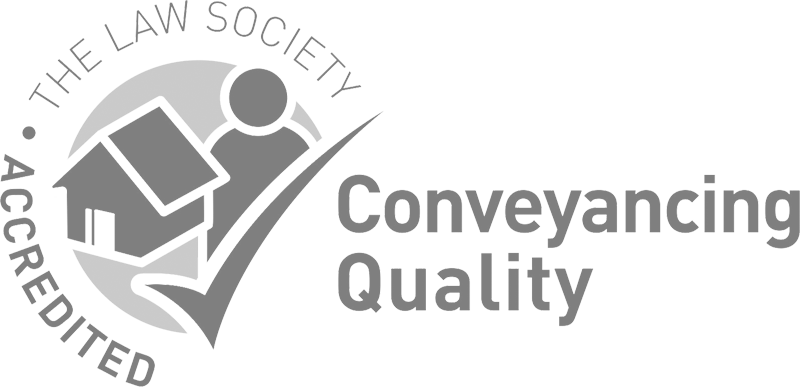On the 1st December 2020 the old Tier 2 (General) visa category was replaced by the Skilled Worker visa. The Skilled Worker visa is now the main route for foreign nationals to come into and work in the UK. This means that a number of significant changes will have to be taken into account by employers who wish to use this route to bring individuals from overseas into their UK workforce.
What are the main changes?
- Skill level
Perhaps the biggest change is that the minimum skill level required for jobs has now been dropped from RQ6 (degree level) to RQF3 (A level) meaning more roles can now be sponsored in comparison to what was permissible under the old system. This has been designed to counterbalance recruitment issues arising from the end of Free Movement and to ensure businesses are still able to recruit the skills they need.
- Minimum salary
The applicant’s required minimum salary is £25,600 or the ‘going rate’ for the job, whichever is the higher of the two. This is down from £30,000 per year which was required under the Tier 2 (General) scheme. The Home Office has introduced greater flexibility in this regard by implementing a points based system allowing employers to pay less than £25,600 down to a minimum of £20,480 if the applicant has desirable attributes such as a PhD relevant to the role.
- Removal of the labour market test
Under the previous system the resident labour market test meant that an employer would have to advertise the role they wished to sponsor. If there were suitably qualified applicants who were ‘settled workers’ it was required that the employer offer the job to such a candidate before it could be offered to a non EEA national. As a result a significant development arising from the new scheme is that employers are no longer subject to the labour market test meaning employers can now consider candidates equally irrespective of their immigration status.
- Ownership
If the worker is also a major shareholder in the business this will not be a bar to them obtaining a visa. Previously, under Tier 2 (General), if the worker had a shareholding of more than 10% of the business then they could not be sponsored. The removal of this rule will mean that start-ups and university spin outs will be able to sponsor founder members of the business even if they have a large share in the business.
- Duration
As previously, a worker can be sponsored for any duration up to 5 years at which point the individual may qualify to settle permanently. However, there is no longer any limit on extending the visa beyond 6 years, and the “cooling-off” period that required a departing sponsored worker to stay out of the UK for 12 months before returning has been removed.
Preparing for the new system
For those companies who wish to employ foreign nationals, they will need a sponsor license if they if they do not have one already. It normally takes at least 2 months to apply for and obtain a sponsor license so this should be done as soon as possible should an employer wish to make use of the new system.
Costs
A key change in relation to the application fees is a temporary concession in relation to workers in the health and care sector, who are provided with reduced application fees and exemption from the Immigration Health Surcharge. There are a limited number of specific exemptions from the Immigration Skills Charge (payable by the employer) but for the most part the application costs for business and worker remain as high as they were previously.
We are advising companies on what the new system means for their businesses, if you would like to know more, please do not hesitate to get in touch.
